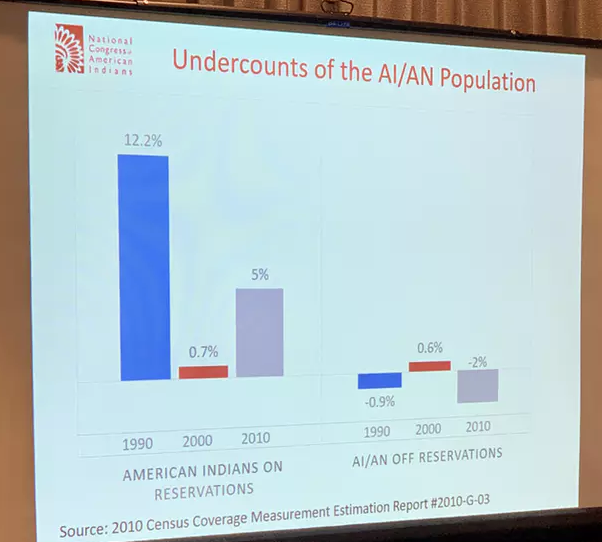Hauling the Internet to an Ex-Soviet Outpost High in the Caucasus Mountains
Several months ago, a team of men ascended the Greater Caucasus Mountains in Georgia. They led horses loaded with electrical wire, solar panels, batteries, toolboxes and drills powerful enough to grind through rock. With jagged ridgelines above and shadowed valleys below, the men were on a quest to bring the internet to one of the world’s most remote places: Tusheti, a rural province on the Russian border.
Tusheti’s clean air, crisp blue skies and mountain-studded landscape already attract some tourists, but government officials think there is potential for many more. Access to the internet will make it easier for travelers to book reservations online, but it will also stir e-commerce and local business development, and give a lift to health care and education services in the area. For now, though, Tusheti has little electricity, and maybe more sheep than people.
For centuries, Tusheti’s rugged terrain has encouraged a nomadic lifestyle that continues to this day. Shepherds roam the mountainsides with their flocks in the summer, and then move down to more temperate pastures for the rest of the year. Many people who aren’t shepherds do the same. For much of the year, they live in lowland communities near Tusheti that have schools, hospitals and, yes, internet service. Come summer, they return to the rocky slopes.
Tusheti spans about 370 square miles – an area a bit larger than Berlin – but only about 50 people stay through the winter. Temperatures can drop to near zero Fahrenheit, and snow covers the main roads for up to six months.
In Shenako, one of several dozen villages in the region, only one couple stays through the winter. As the weeks pass, other people arrive by helicopter, hitching a ride on the Georgian Border Police’s monthly trips to change crews at border outposts. For the workers on the internet mission, time could feel short.

Dusk was coming on fast when the crew reached Bochorna, a tiny hamlet whose 7,700-foot elevation makes it the highest continuously inhabited village in Europe, according to the Georgian government. The workers’ chief focus: establishing an internet connection for the lone year-round resident, Irakli Khvedaguridze, a 76-year-old doctor.
When winter arrives, the government pays Dr. Khvedaguridze to buy medical supplies; if he runs out of anything, a border police helicopter delivers what he needs. He spends the winter treating the sick in nearby communities, reading medical journals and listening to the radio. When he needs company, he goes into Omalo, one of Tusheti’s larger villages, on his homemade skis. Although he had no computer or smartphone, he was curious about how it all worked. His first thought: people without cell coverage would now be able to call him in the winter if they were sick or injured. “It will be easier to get in touch now,” he said.
In addition to the residents of 26 villages in Tusheti who will now be able to log on to the internet, dozens of hostels and small hotels will benefit from the service. “Tourism is a beacon of hope for us,” said Ia Buchaidze, who owns a local bakery, “and the internet is very important for that.”

The masts holding internet antennas were not the only towers visible on the mountainsides. There were also skeletal memorials to the Communist era: pylons that carried electricity across the border from the Soviet Union into Tusheti and the rest of Georgia.
The towers remain, but the power lines are gone, pulled down after the end of the Soviet Union in 1991. There were other reminders of that era: villages abandoned after, some residents say, the Soviets forced people off the mountains.
The internet network is helping stir a turnaround for Tusheti. In the past year, a new, 100-bed hotel was proposed for Omalo. There is talk of a major ski resort and a new roadway. The internet will undoubtedly bring the world closer to Tusheti. The question is whether its rustic otherworldliness will disappear.





Comments are closed here.